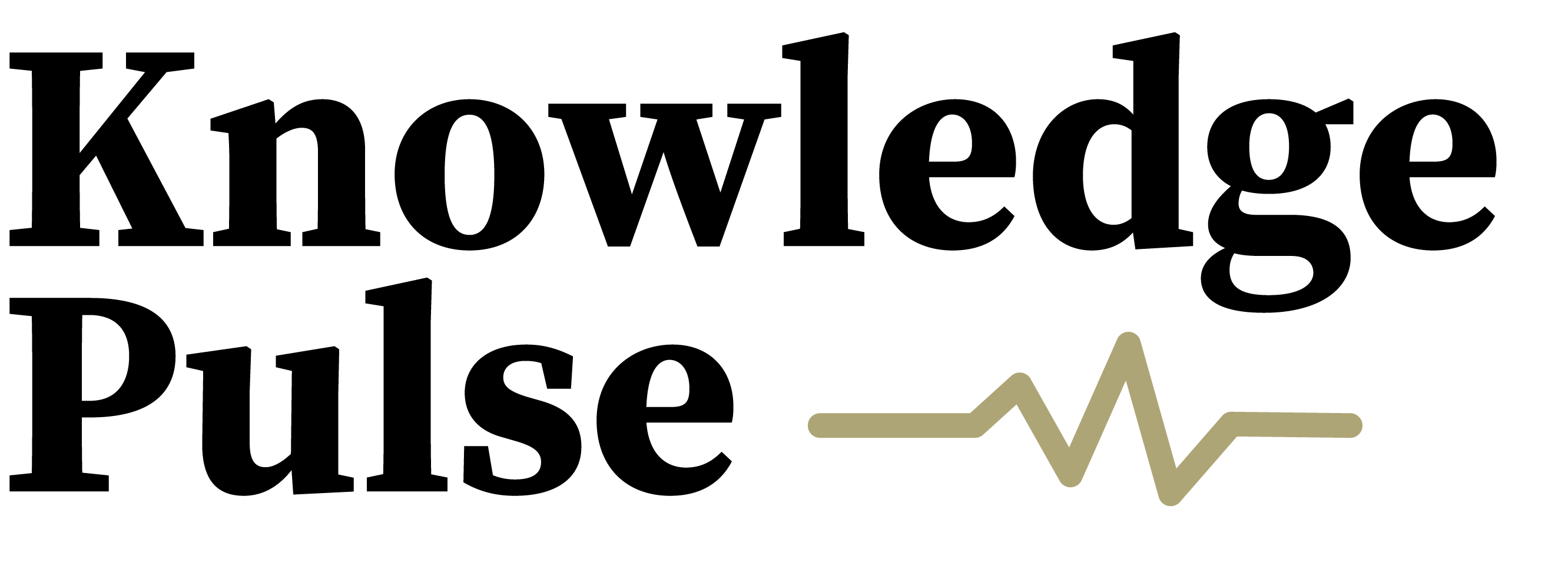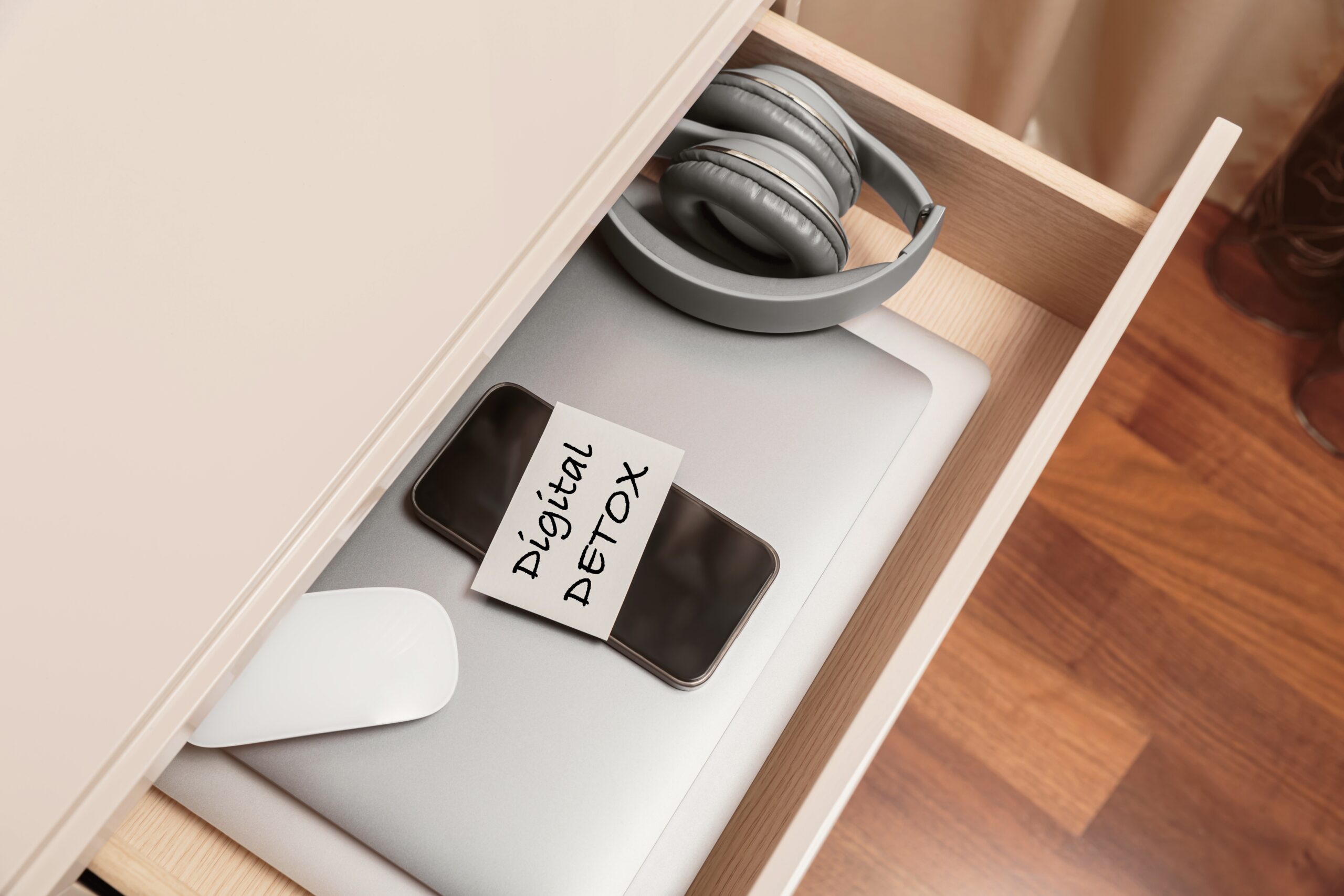Social media has transformed the way we communicate, stay informed, and entertain ourselves. However, studies increasingly show that excessive social media use is linked to lower happiness levels, increased anxiety, and reduced life satisfaction. From unrealistic comparisons to addiction-driven engagement, social media platforms are designed in ways that can negatively impact mental well-being. This article explores why social media contributes to unhappiness and provides actionable strategies to build a healthier relationship with digital platforms.
Table of Contents
- Introduction: The Link Between Social Media and Mental Health
- The Psychology Behind Social Media Addiction
- Social Comparison and the Illusion of Perfection
- The Role of Dopamine in Social Media Engagement
- How Social Media Encourages Negative Thought Patterns
- The Impact of Information Overload and Digital Fatigue
- Practical Steps to Reduce Social Media-Induced Unhappiness
- Digital Detox: How Taking a Break Can Improve Well-being
- Finding a Healthy Balance with Social Media
- Conclusion: Reclaiming Control Over Your Happiness
1. Introduction: The Link Between Social Media and Mental Health
Social media is often promoted as a tool for connection and self-expression, yet research shows that excessive use correlates with higher levels of stress, anxiety, and depression.
Key Statistics:
✔ People who spend more than 2 hours per day on social media are twice as likely to report symptoms of anxiety and depression.
✔ 60% of social media users experience lower self-esteem after using platforms.
✔ Doomscrolling (consuming negative content) is linked to higher stress levels.
While social media itself is not inherently harmful, its design and the way we interact with it can shape our emotions in negative ways.
2. The Psychology Behind Social Media Addiction
Social media platforms are engineered to be addictive, using techniques similar to those found in gambling.
How Social Media Keeps Users Hooked:
✔ Infinite scrolling – No stopping points encourage endless consumption.
✔ Intermittent rewards – Likes, shares, and comments create unpredictable gratification cycles.
✔ Fear of missing out (FOMO) – Users feel compelled to stay updated at all times.
Key Takeaway: These design features can lead to habitual and compulsive social media use, reducing overall happiness.
3. Social Comparison and the Illusion of Perfection
Social media highlights curated and often unrealistic portrayals of life, leading to damaging social comparisons.
Negative Effects of Social Comparison:
✔ Lower self-esteem – Seeing only the best moments of others’ lives can make users feel inadequate.
✔ Increased anxiety – The pressure to present a “perfect” online persona can be mentally exhausting.
✔ Dissatisfaction with reality – Social media skews perceptions of normal life.
Reality Check: The majority of social media content is filtered, edited, and highly selective, meaning comparisons are often unrealistic.
4. The Role of Dopamine in Social Media Engagement
Dopamine, the brain’s “reward chemical,” plays a significant role in social media use.
| Social Media Feature | Dopamine Effect | Behavioural Consequence |
|---|---|---|
| Likes & Comments | Instant gratification | Creates validation-seeking habits |
| Push Notifications | Intermittent rewards | Triggers compulsive checking |
| Infinite Scrolling | Continuous novelty | Encourages binge consumption |
Key Takeaway: Over time, social media can rewire the brain to crave digital validation, leading to a cycle of short-term pleasure and long-term dissatisfaction.
5. How Social Media Encourages Negative Thought Patterns
Constant exposure to digital content can reinforce negative cognitive biases, such as:
✔ Catastrophising – Doomscrolling makes the world seem overwhelmingly negative.
✔ Black-and-white thinking – Social media fosters extremes, discouraging nuanced perspectives.
✔ Confirmation bias – Algorithm-driven feeds reinforce pre-existing beliefs, reducing exposure to diverse viewpoints.
Key Takeaway: Reducing social media consumption can help break these negative thinking loops, improving overall mood and perspective.
6. The Impact of Information Overload and Digital Fatigue
The constant flood of news, opinions, and entertainment can lead to mental exhaustion.
Symptoms of Digital Fatigue:
✔ Difficulty concentrating.
✔ Increased stress levels.
✔ Decreased motivation for offline activities.
Solution: Practicing content curation—unfollowing negative accounts and limiting notifications—can reduce mental overwhelm.
7. Practical Steps to Reduce Social Media-Induced Unhappiness
✔ Set screen time limits – Reduce daily social media consumption.
✔ Curate your feed – Follow content that inspires rather than drains energy.
✔ Turn off notifications – Minimise distractions and anxiety triggers.
✔ Engage in real-life activities – Prioritise hobbies, exercise, and face-to-face conversations.
Key Takeaway: Small habit changes can drastically improve the way social media affects mental health.
8. Digital Detox: How Taking a Break Can Improve Well-being
Temporarily disconnecting from social media can help reset dopamine levels and reduce stress.
Benefits of a Digital Detox:
✔ Improved mood and reduced anxiety.
✔ Increased focus and mental clarity.
✔ Better sleep quality.
✔ More meaningful offline interactions.
Reality Check: Even a 24-hour break from social media can positively impact mental well-being.
9. Finding a Healthy Balance with Social Media
Instead of quitting social media entirely, mindful usage can help maintain a healthier relationship.
Sustainable Social Media Habits:
✔ Use social media intentionally – Engage with purpose rather than out of habit.
✔ Schedule social media-free periods – Designate offline times to reset the mind.
✔ Prioritise face-to-face communication – Real-world connections enhance happiness.
✔ Consume content critically – Avoid passive scrolling and emotional triggers.
Key Takeaway: Mindfulness, moderation, and intentionality can help users enjoy social media without sacrificing mental health.
10. Conclusion: Reclaiming Control Over Your Happiness
While social media can be a useful tool, it is important to acknowledge its potential to negatively impact happiness. By understanding how digital platforms manipulate behaviour and emotions, individuals can take proactive steps to reduce social media-induced stress and improve overall well-being.
Final Thought:
Instead of letting social media dictate your emotions, take back control by using it on your terms. A balanced approach leads to better mental health, deeper real-life connections, and greater overall happiness.








